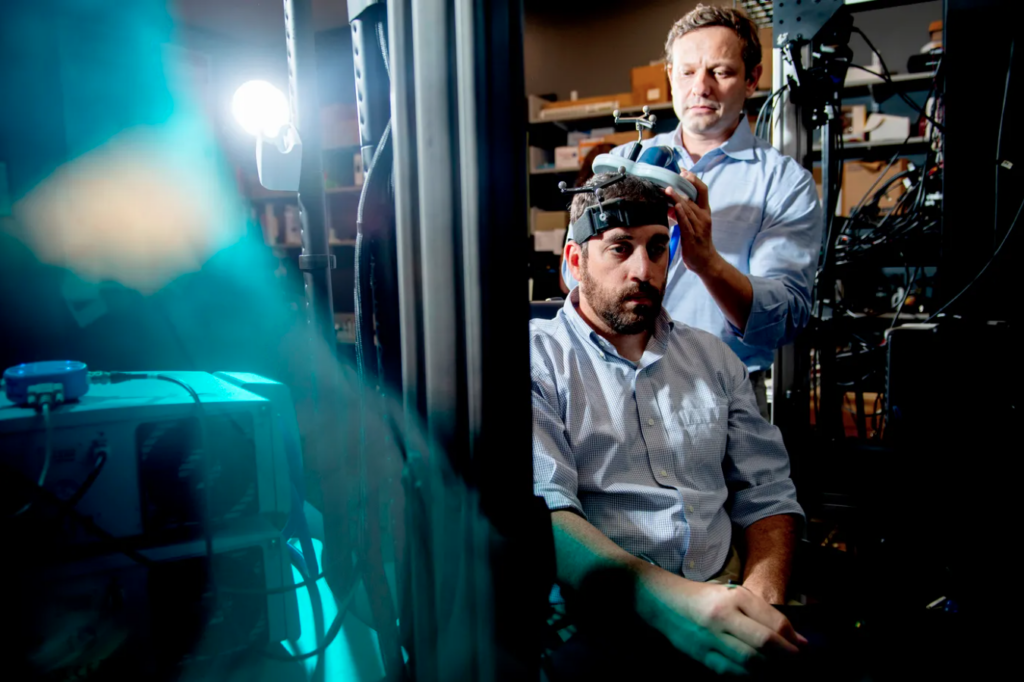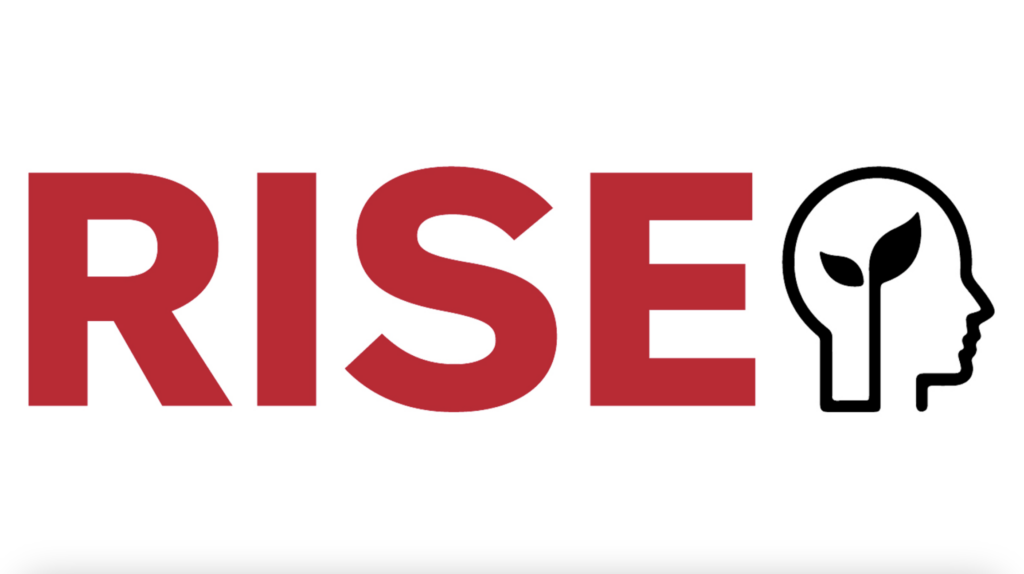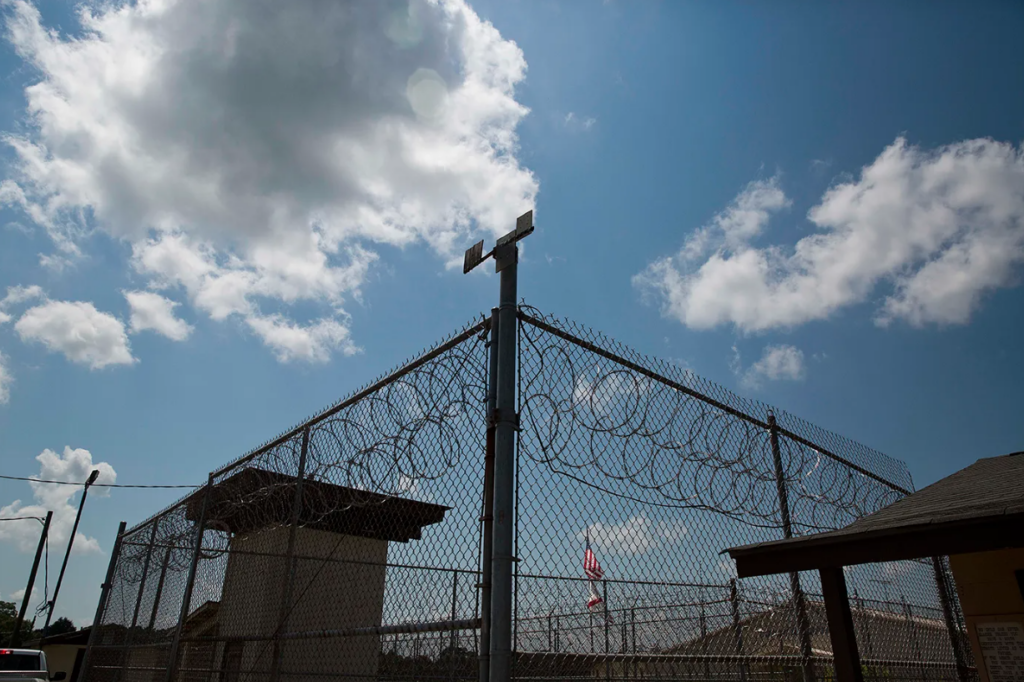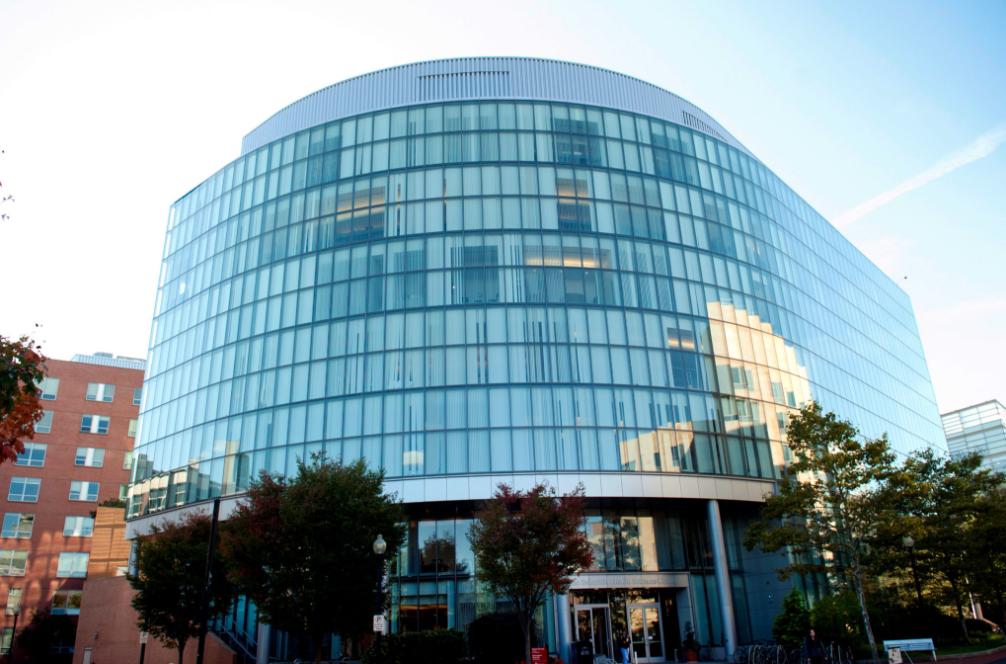
a bold approach to discovery
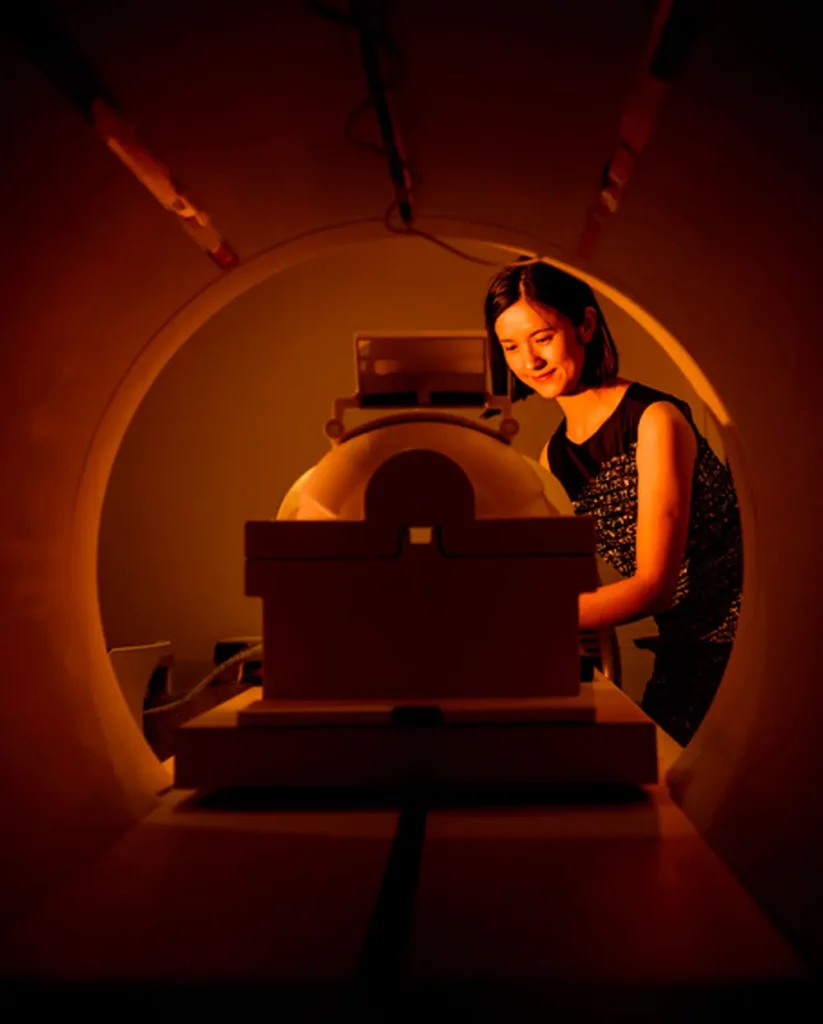
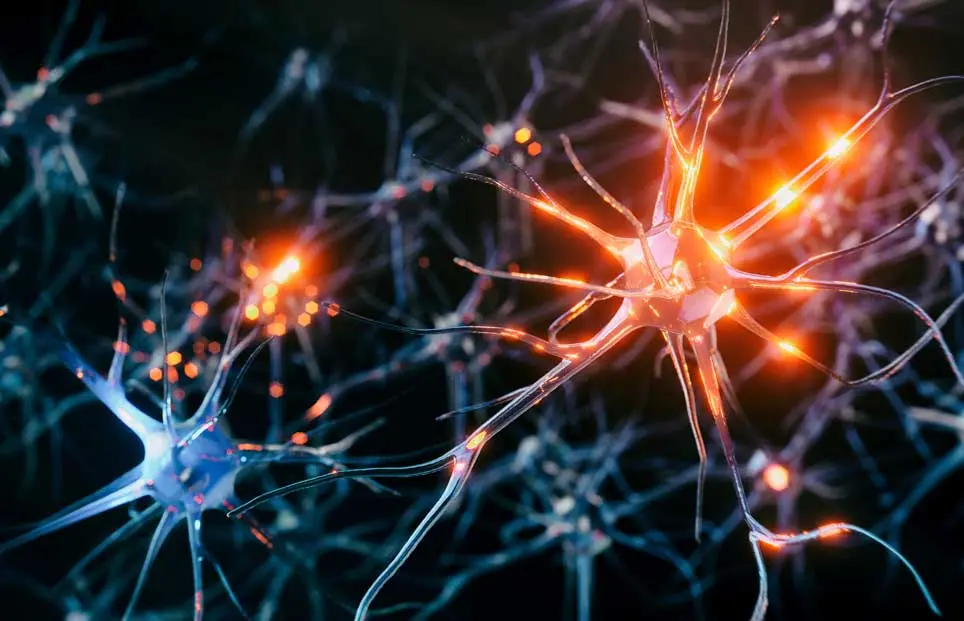
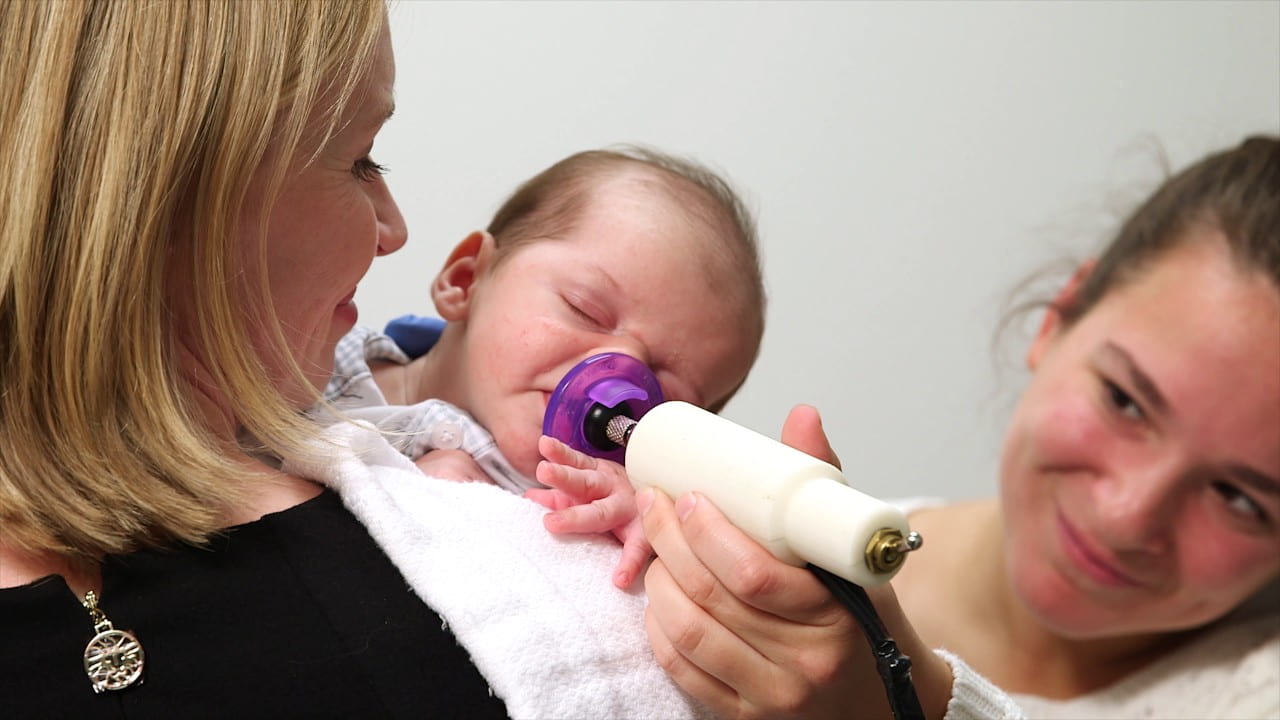
Video: Speech and Neurodevelopment Lab Research
Bouvé is an R1 research institution, which means we’re able to fund our community’s ideas in a big way — so what starts at the cellular level here can make a huge impact for society as a whole.
It all starts with our radical approach to healthcare research, where we see the person before the patient, and we work to improve their healthspan — the amount of time they are living and healthy.
The power of this research becomes greater in the hands of Bouvé students as they take what they learn here, and use it to impact communities around the world.
in new research awards
new patents pending
25 issued
faculty jointly appointed across colleges
worth of proposals submitted
From health policy to biotechnology, research centers, institutes, and labs at Bouvé give students the unique opportunity to work with a community of changemakers taking on today’s most pressing health challenges.
Bouvé researchers and students are exploring the complex world of medication, from concept to development to delivery. At the Bouvé Center for Drug Discovery, more than 60 scientists and students work at the cellular, molecular, genetic, and epigenetic level to pioneer new ways to fight cancer, degenerative disease, addiction, and more.
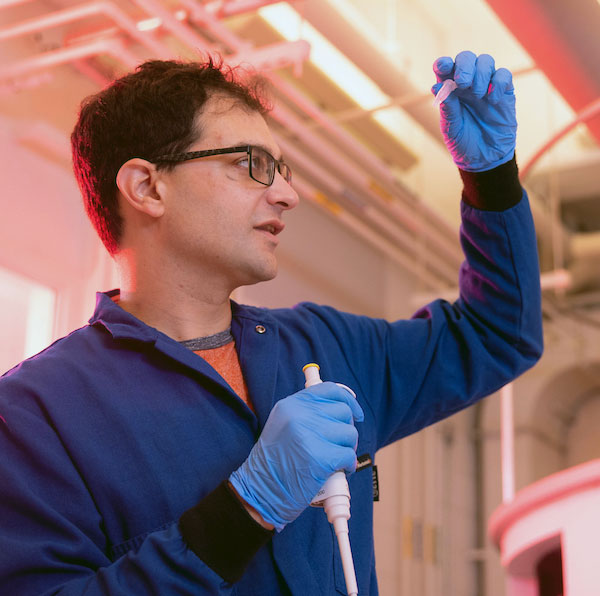
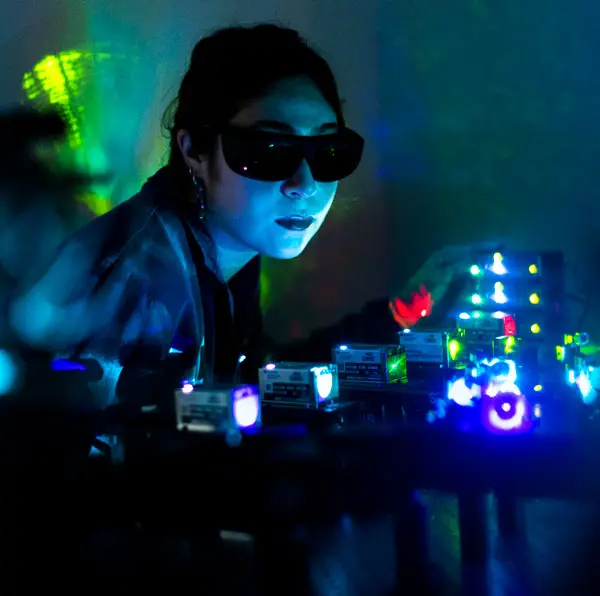
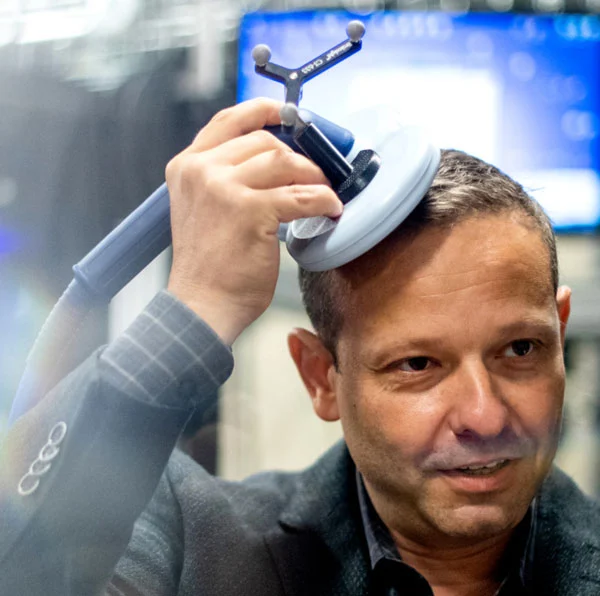
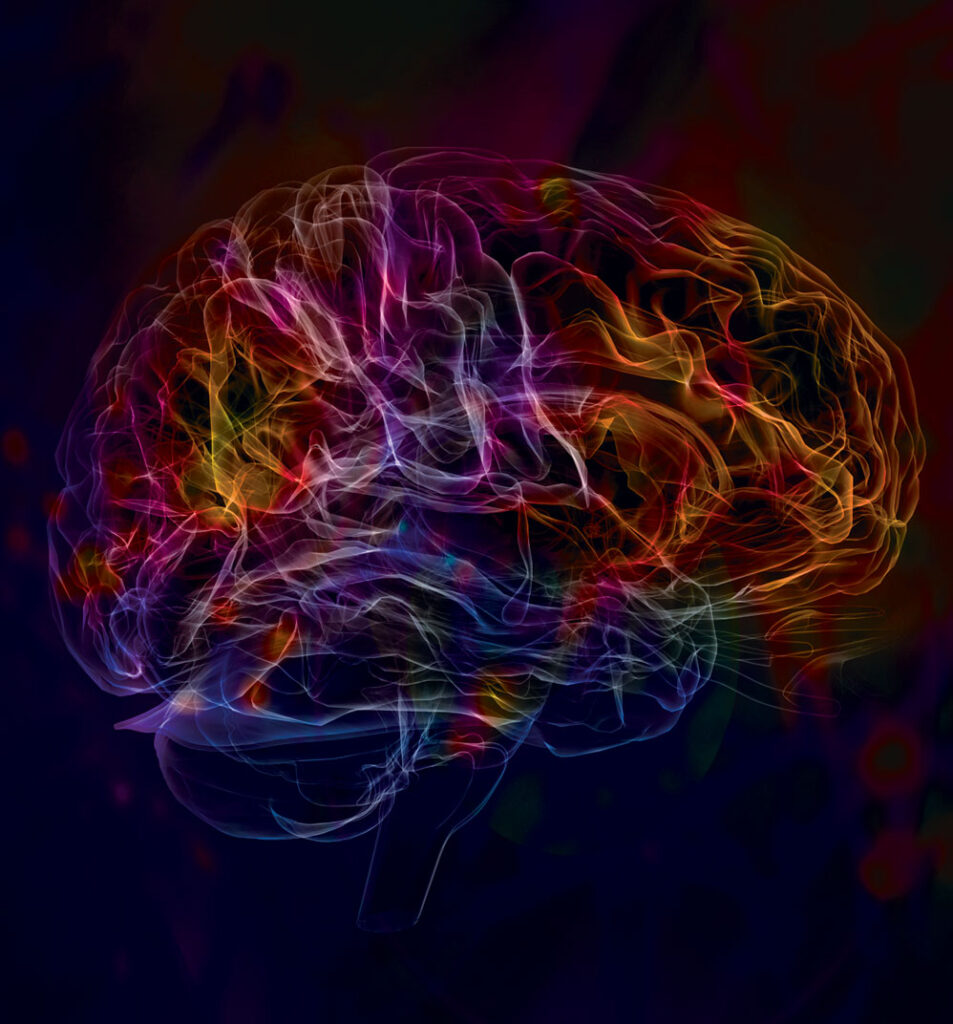
With a focus on brain and behavior relations across the lifespan, our research incorporates cognitive neuroscience approaches with complex behavioral analyses to develop novel interventions for brain health across the lifespan and predict rehabilitation outcomes to better patient care.
Bouvé researchers and students are combining clinical expertise with emerging technologies to study and address health challenges across the spectrum of human development. An interdisciplinary approach permits our researchers to innovate and achieve improvements across physical, psychological, and cognitive domains.
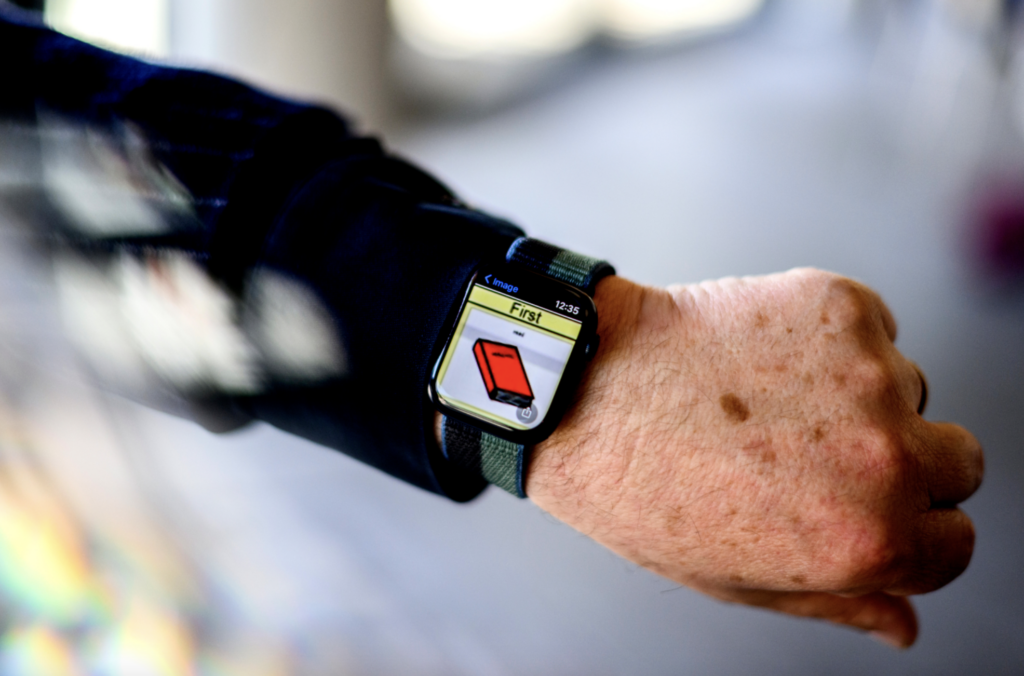
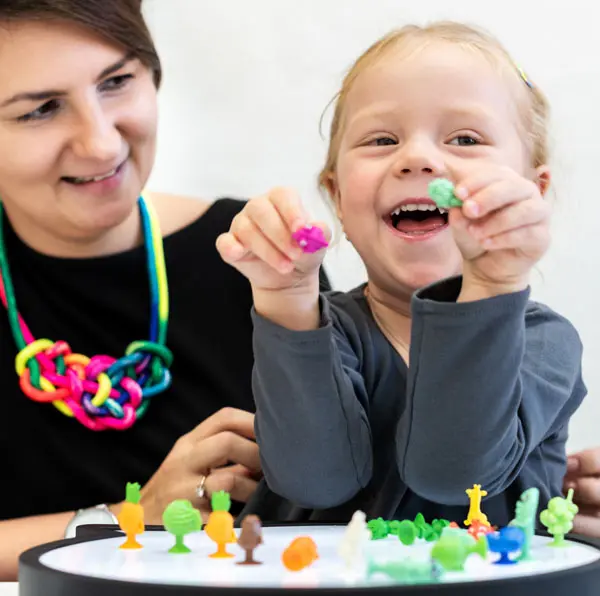
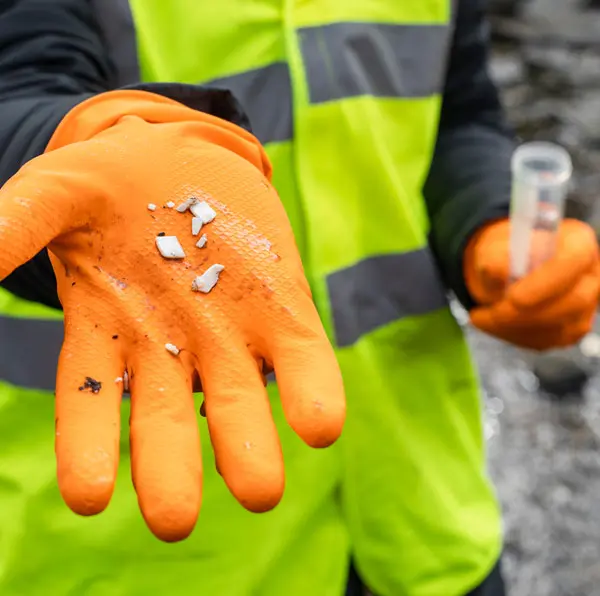
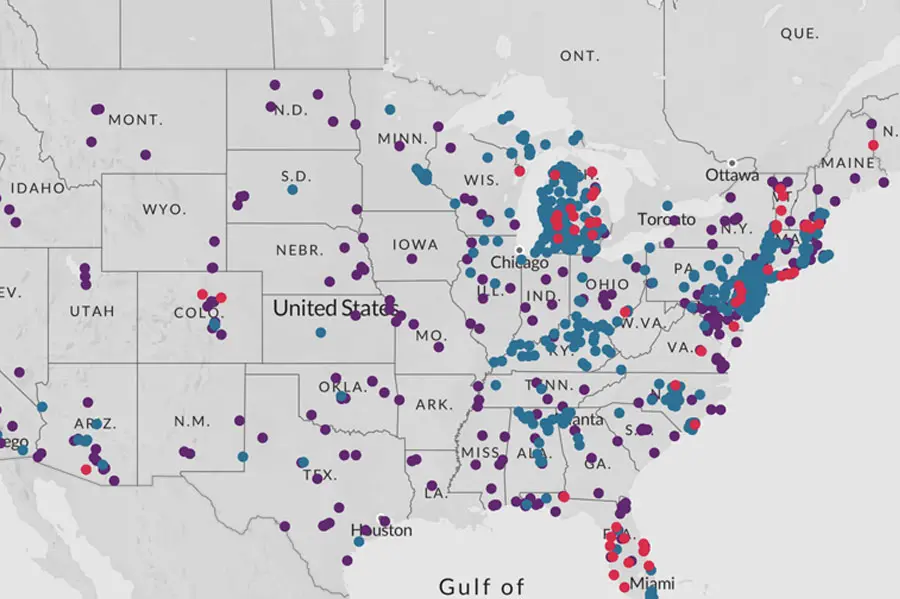
At Bouvé, researchers and students are using biomonitoring, social epidemiology, product design, and community research to create healthier environments in homes, workplaces, and communities around the world.
Equal access to healthcare is undoubtedly one of the most pressing challenges of the 21st century. Interdisciplinary teams of Bouvé faculty, students, and community partners have joined forces to improve racial, socioeconomic, and environmental justice in communities around the world.
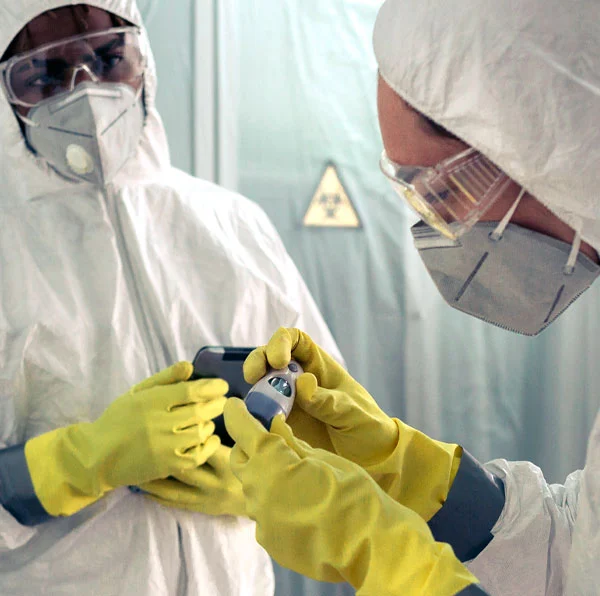

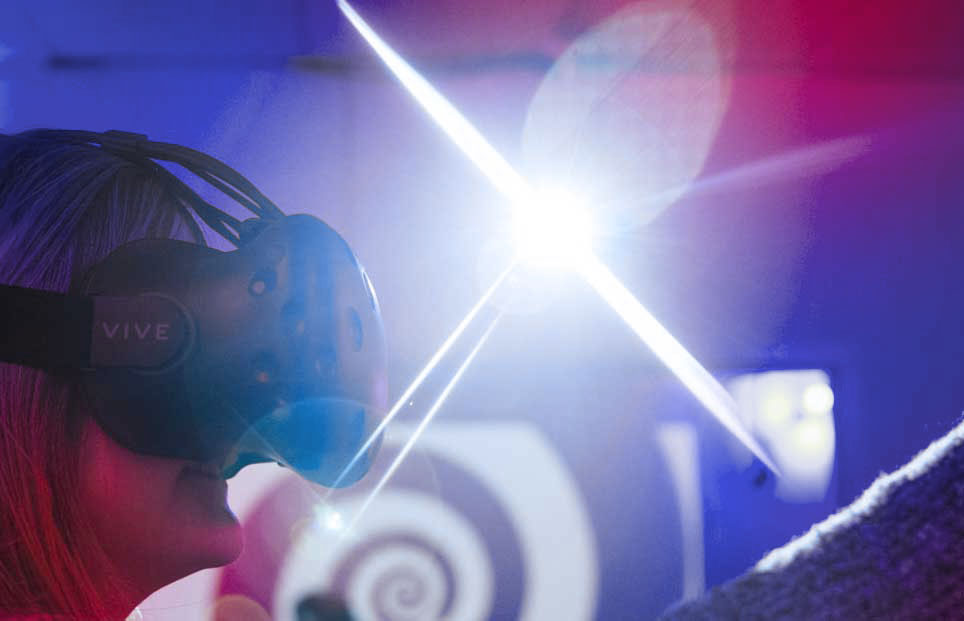
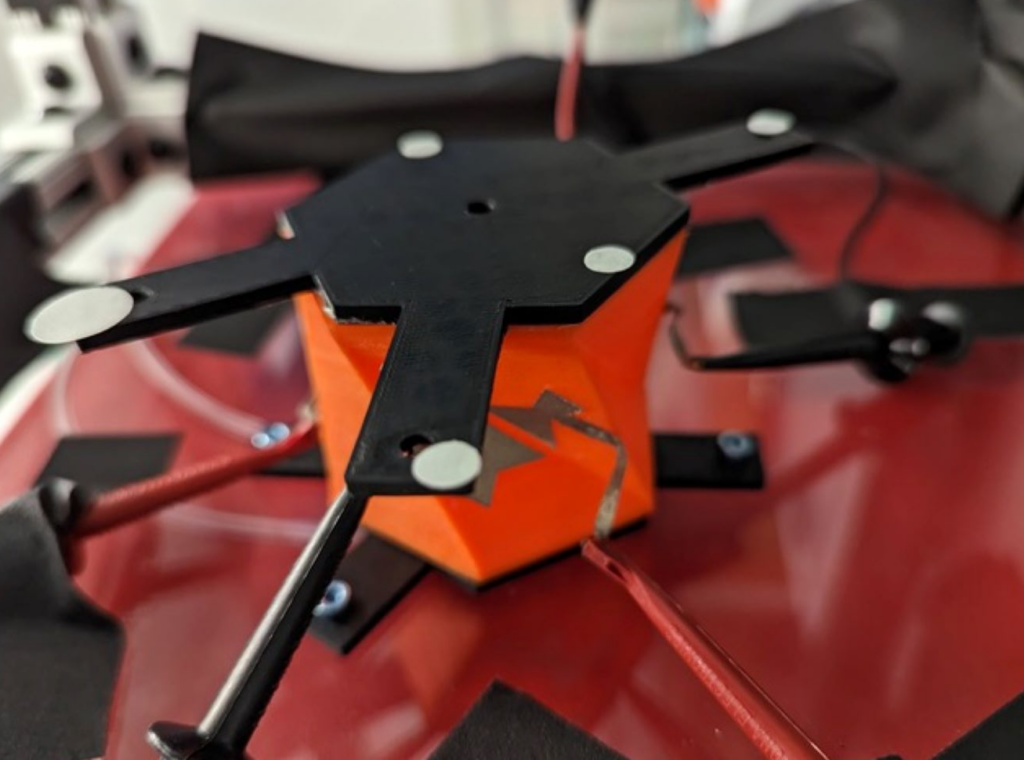
In the new age of “precision medicine,” Bouvé researchers and students are harnessing the power of big data, mobile applications, virtual reality, robotics, and advanced biosensing to improve health outcomes.
To meet the health challenges of the modern world, Bouvé researchers and students study how the complex systems in which we live overlap and affect one another. At Bouvé, teams of interdisciplinary researchers are pioneering big-picture approaches to how politics, culture, and technology interact in the healthcare realm.
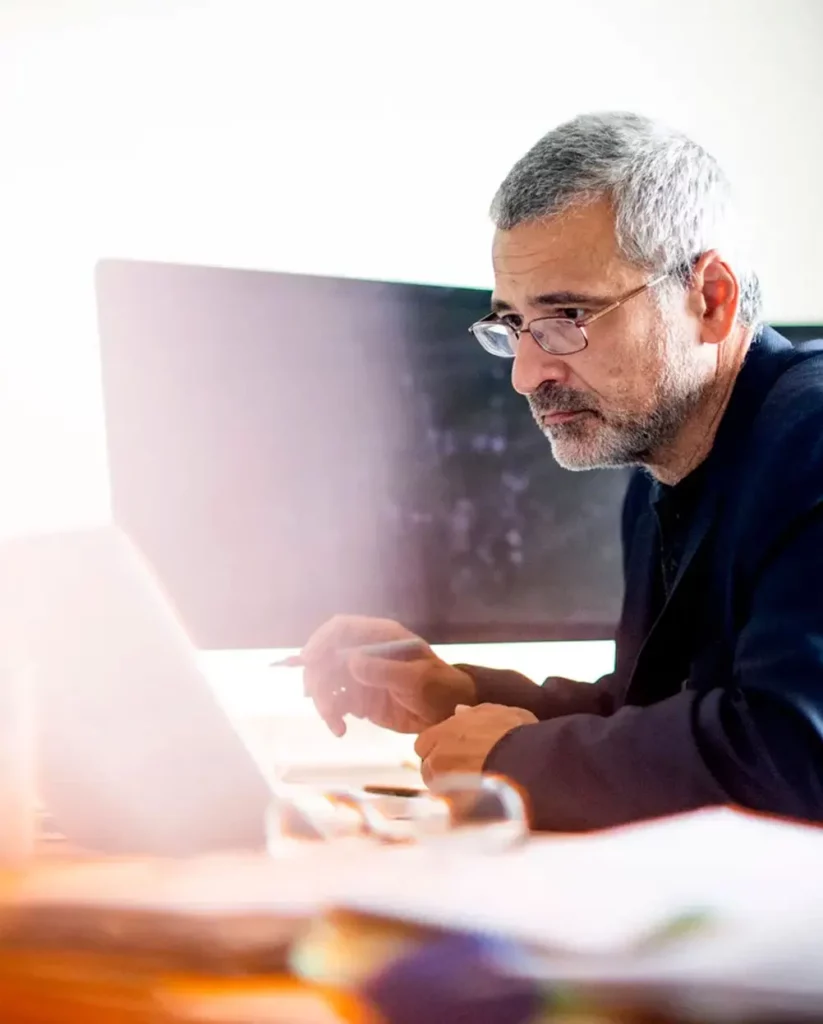
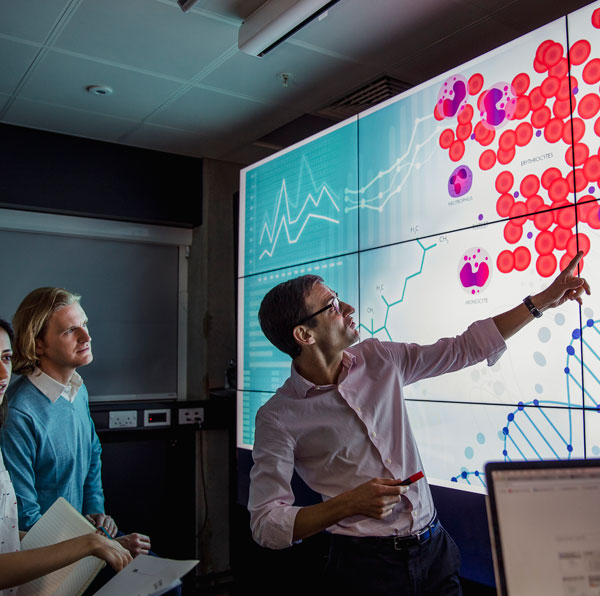
Bouvé serves as a tier-one research institution not only because of the resources and support we give to discovery across the board, but because we bake these opportunities into the curriculum at all levels, for all students.
This means that students who join Bouvé have the ability to gain hands-on experience working alongside esteemed faculty and a motivated, like-minded community. For the entirety of their education, students can access research opportunities across disciplines, benefiting not just their own healthcare journeys, but the greater good as well.
Lots of research opportunities are provided just through the [professors]. They really care about you and they really want to make a positive difference in your life.
— Quarida Benitia, Health Science Major
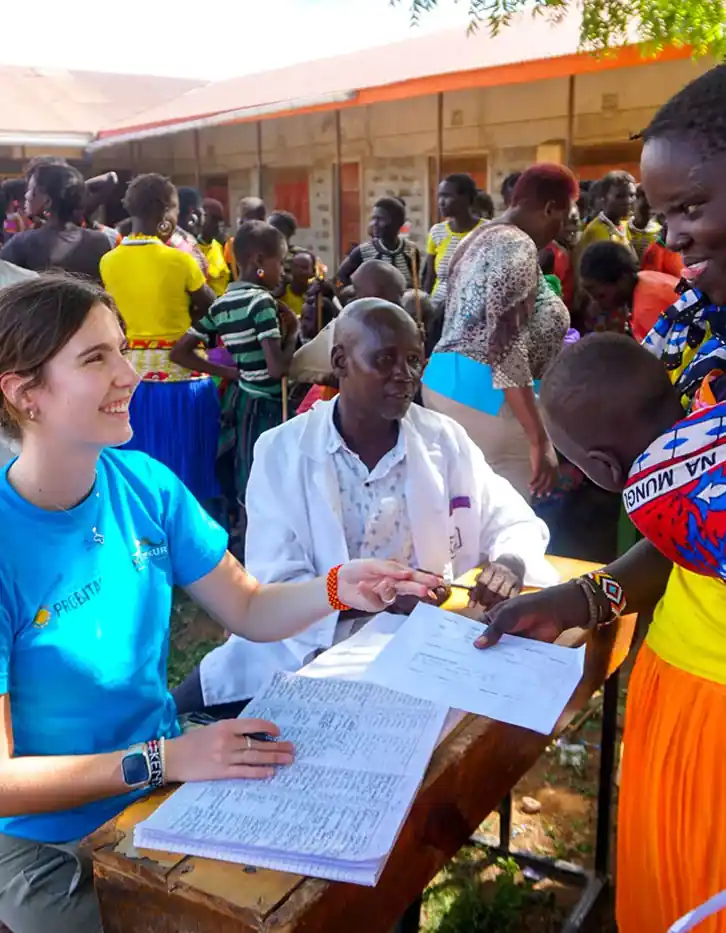
Both health science majors, Kennedy and O’Brien lived and worked together during their five months in Kenya, dividing their time between field research in Baringo County and academic projects in Nairobi.
STUDENT spotlight
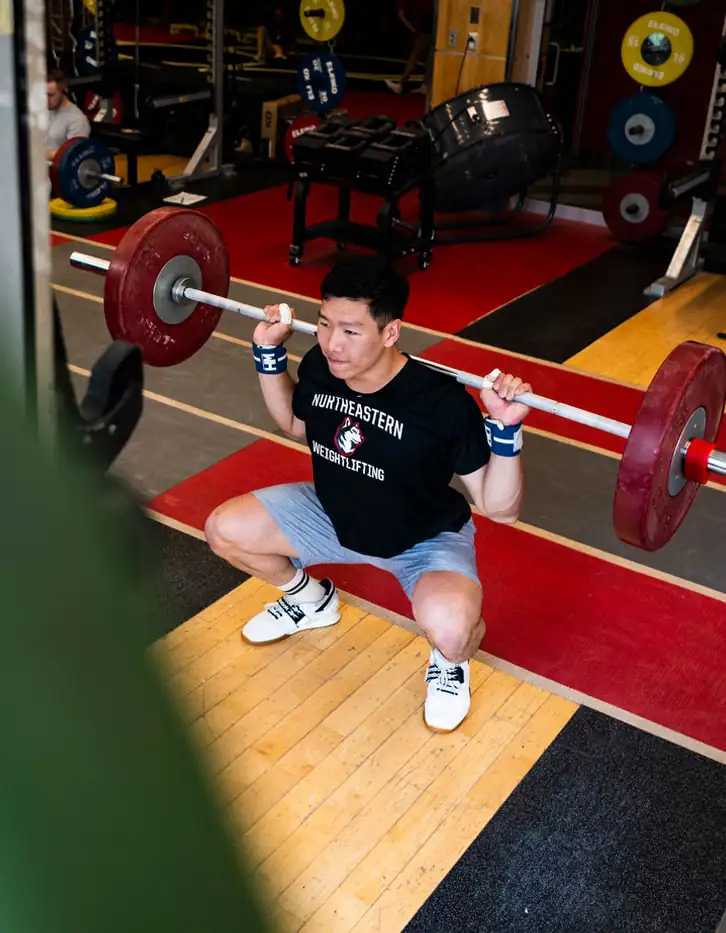
In weightlifting, the knee was the most common injury, whereas, in powerlifting, it was the lower back and pelvic area. The difference, Tung says, is because of the biomechanics of the different lifts.
STUDENT spotlight
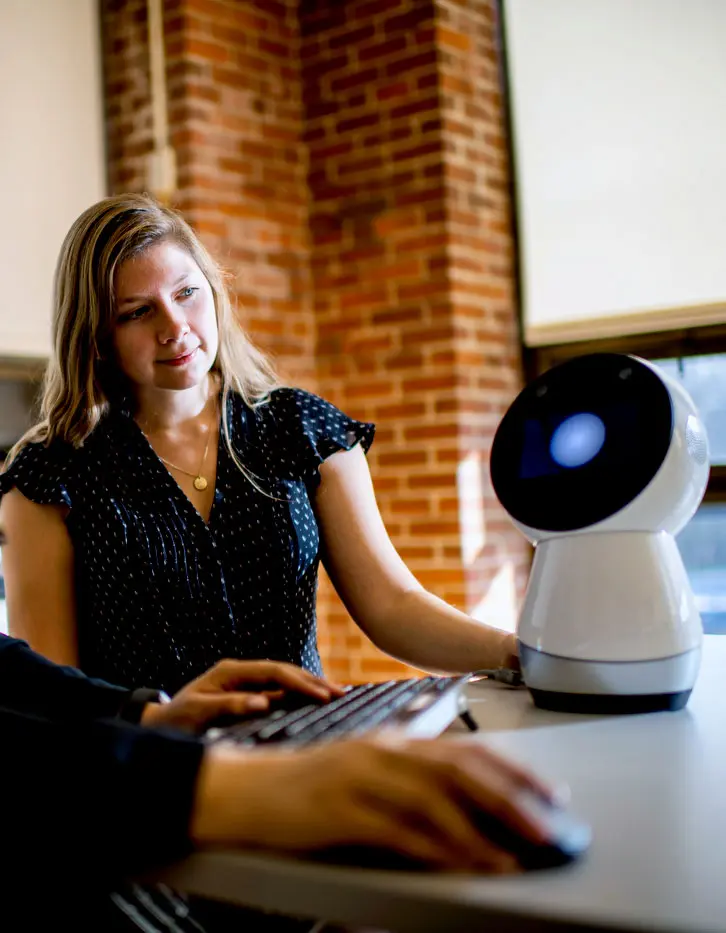
Population health student, Arielle Scoglio and her colleagues recently published a literature review that looked into how social robots are being used in the study and treatment of mental health and well-being.
STUDENT spotlight
The 12+ research centers at Bouvé are where ideas created in the classroom meet their real-world counterparts. Research here transforms into real-world impact as students work with faculty to make groundbreaking discoveries.
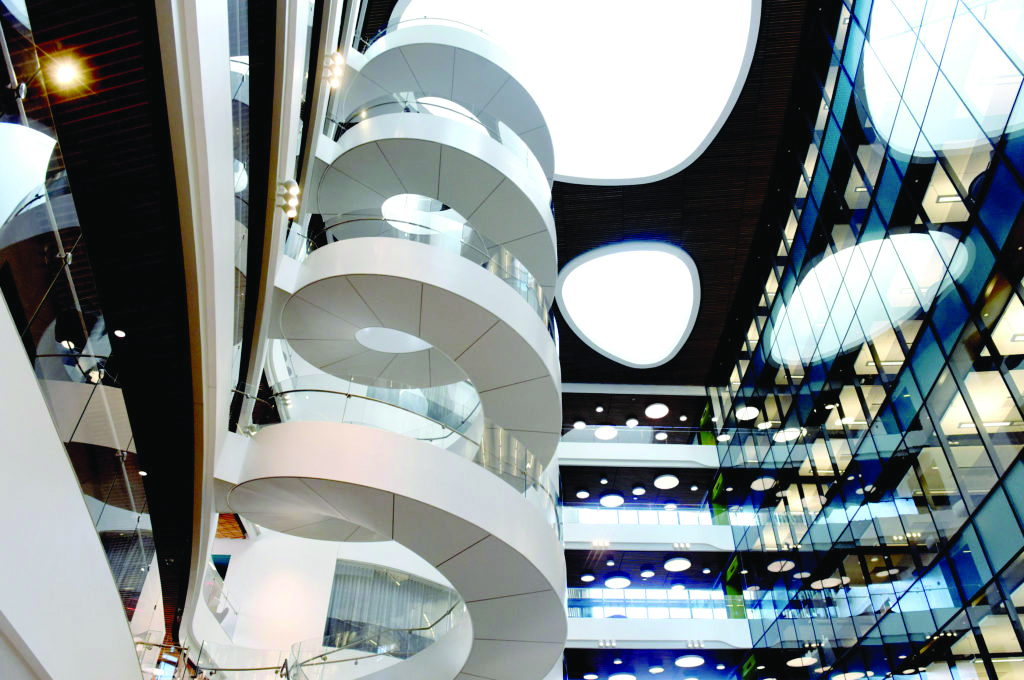
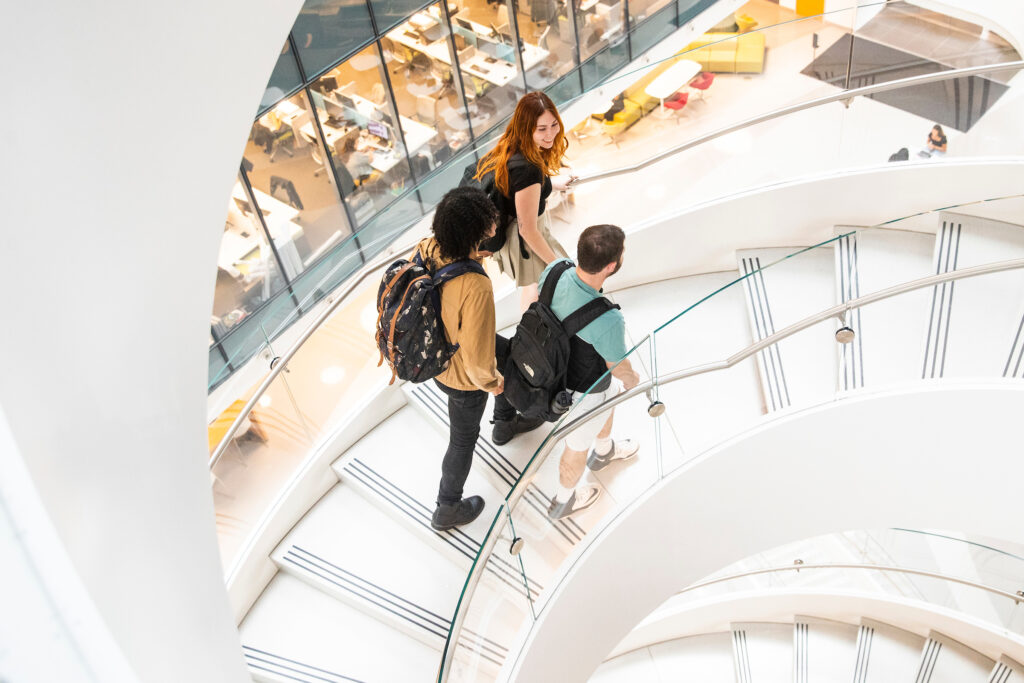
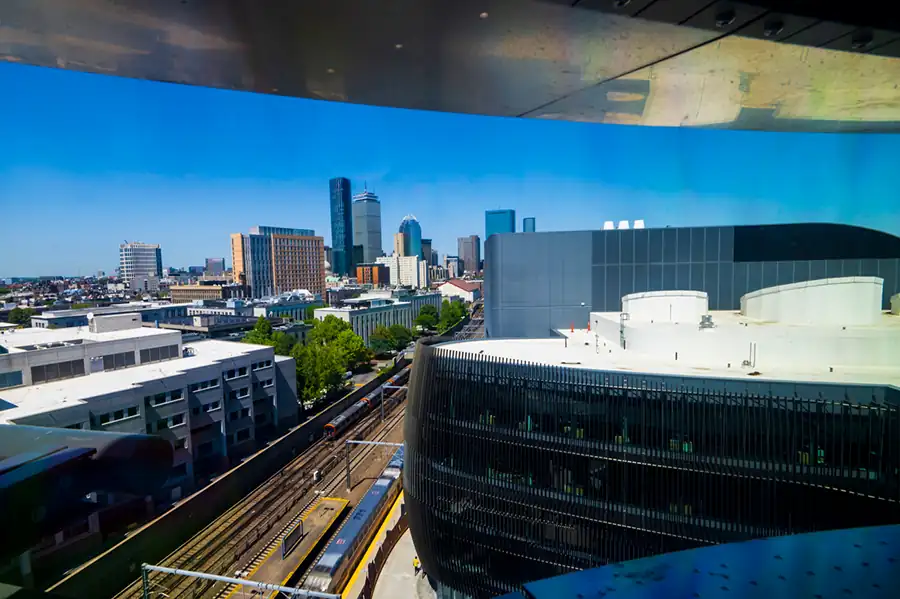
$22.9 million in research dollars has been spent, and there is a 115% growth of new award funding since 2018. Bouvé empowers students to pursue discovery based on their own ideas.
Surrounded by an equally ambitious faculty and network, students are able to pursue their passions across a variety of disciplines like nursing, autism research, and vocal and speech therapy — both in Boston and abroad. Discover the breadth of research opportunities available to students from day one, and how the current Bouvé community is using them to make their own path toward making a difference.
Full Research Lifecycle Support
Bouvé College’s Research Administration Office (BCORe) provide a full range of grants and research services to all faculty and graduate students within the College.
BCORe is your reliable partner throughout the grants management process. As a full-service, life-cycle research administrative resource, we connect with the university’s central sponsored programs office, and collaborate closely with Bouvé’s Research Development, Innovation, and Biostatistics experts.
Explore Research Opportunities
The Undergraduate Research Club
This student club provides resources and support to students looking for research opportunities on any of Northeastern’s undergraduate-serving campuses (Boston, London, Oakland).
For more information:
Akshita Virdy
Student Director of Faculty Outreach
[email protected]
Bouvé Research Support and Services (BCORe)
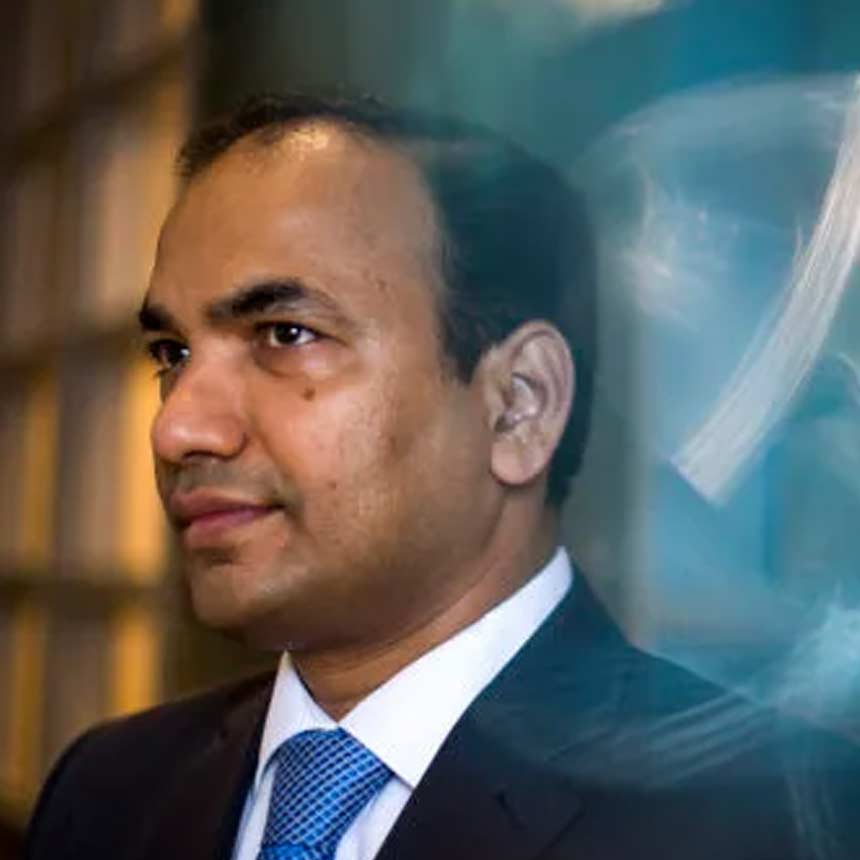
Pharmacy professor Ganesh Thakur is exploring a novel cannabinoid receptor that could pave the way for new medicines to treat opioid addiction and a host of other diseases. If his strategy is successful, it could lead to a new class of drugs for pain, PTSD, eating disorders, epilepsy, Alzheimer’s, glaucoma, and drug abuse.
faculty spotlight


